Organic after Ortho weed kill...
robynw
16 years ago
Related Stories

EDIBLE GARDENSNatural Ways to Get Rid of Weeds in Your Garden
Use these techniques to help prevent the spread of weeds and to learn about your soil
Full Story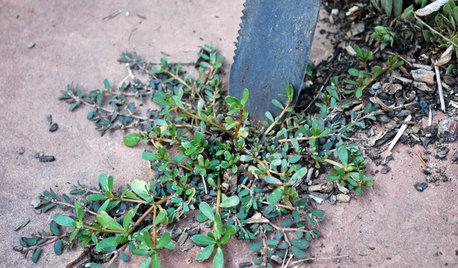
GARDENING GUIDES5 Ways to Naturally Win the Weed War
Show irksome weeds no mercy with these tricks for combating them sans chemicals
Full Story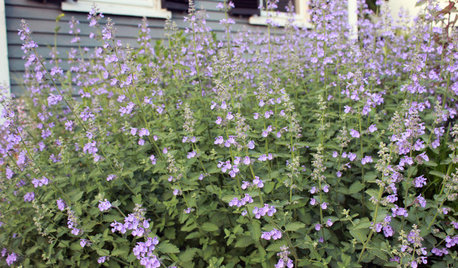
GARDENING GUIDES5 Weed-Smothering Ground Covers
Let these landscape plants do the dirty work of choking out weeds while you sit back and enjoy the view
Full Story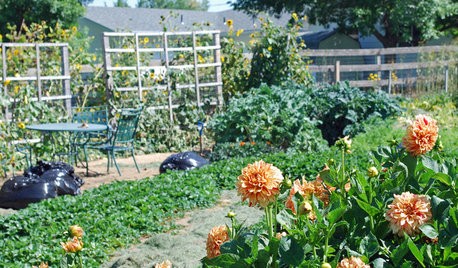
GARDENING GUIDESTackle Weeds the Natural Way
Instead of dousing your yard with chemicals to wipe out weeds, let time and nature work their magic via smothering and solarization
Full Story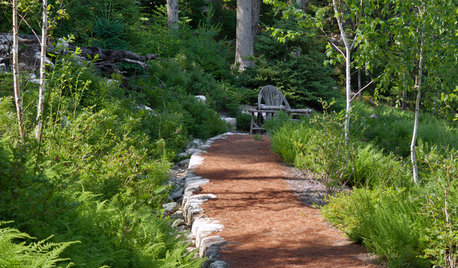
GARDENING GUIDES5 Things to Know About Weeding and Mulching Your Native Garden
What’s the best time to pull weeds? How thick should the mulch be? Here’s the scoop for a healthy landscape
Full Story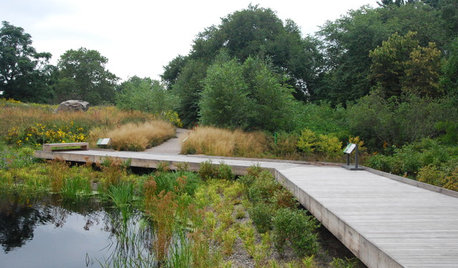
GARDENING GUIDESLet's Weed Out 4 Native Plant Myths
Plant wisely for a garden that supports pollinators and requires less work
Full Story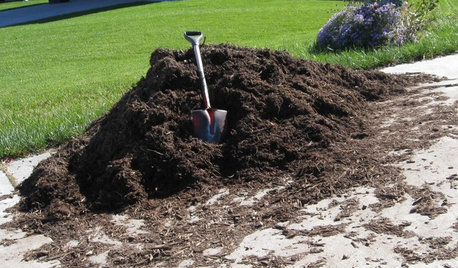
FRONT YARD IDEASBefore and After: Front Lawn to Prairie Garden
How they did it: Homeowners create a plan, stick to it and keep the neighbors (and wildlife) in mind
Full Story
GARDENING GUIDESHow to Switch to an Organic Landscape Plan
Ditch the chemicals for a naturally beautiful lawn and garden, using living fertilizers and other nontoxic treatments
Full Story
ORGANIZINGOrganizing Secrets: It’s the Little Things
Get these 8 small areas under control for a major boost in overall tidiness at home
Full Story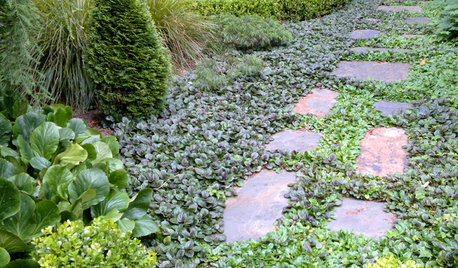
GROUND COVERSGround Force: 10 Top Ground Covers for Your Garden
Protect your soil from weeds and drought this summer with a living mulch of ground covers
Full StorySponsored






kelleynelson
dchall_san_antonio
Related Professionals
Forest City Landscape Architects & Landscape Designers · Bergenfield Landscape Contractors · Cliffside Park Landscape Contractors · Indianapolis Landscape Contractors · Middletown Landscape Contractors · Rochester Landscape Contractors · Thonotosassa Landscape Contractors · 07920 Landscape Contractors · Wildomar Driveway Installation & Maintenance · Mesa Fence Contractors · Arcadia Fence Contractors · Cicero Fence Contractors · Glenview Fence Contractors · Lakewood Fence Contractors · Palm Harbor Fence ContractorsrobynwOriginal Author
grayentropy
morpheuspa (6B/7A, E. PA)
kmnhiramga
robynwOriginal Author
dchall_san_antonio
robynwOriginal Author
grayentropy
bpgreen
playsinthedirt20
morpheuspa (6B/7A, E. PA)